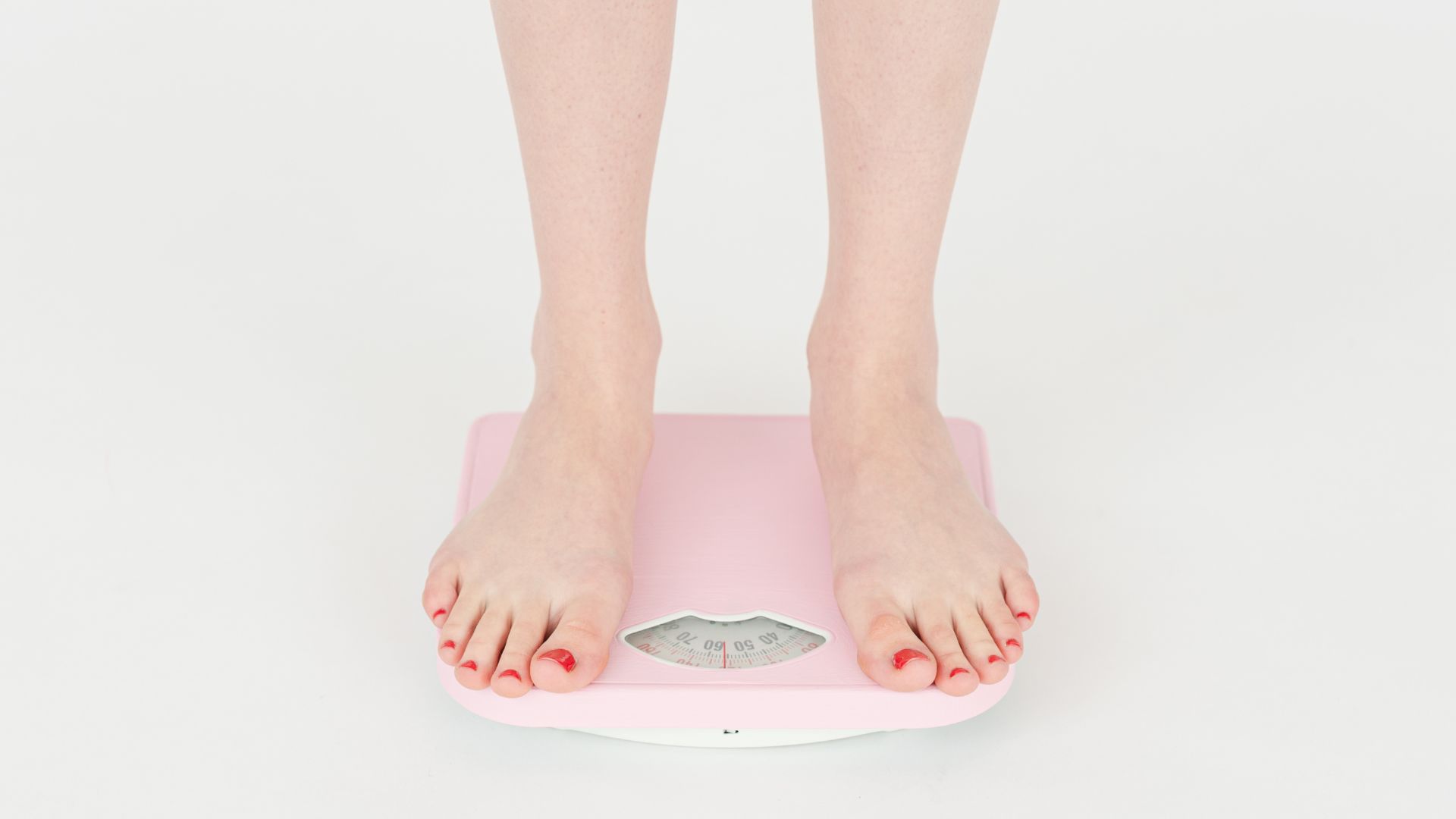When we are stressed, the body’s production of cortisol increases, causing our heart to beat faster, breathe more frequently, and our blood vessels to narrow. While in prehistoric times a high blood flow to the heart and muscles helped us escape predators or dangerous circumstances, today we are in a different situation.
Instead of helping us escape, this reaction can lead to chronic health issues such as hypertension, headaches, depression and anxiety disorders. Moreover, stress can exacerbate other health problems such as asthma, irritable bowel syndrome or insomnia, among others.
Do you want the good news?
According to the American Institutes of Health’s National Center for Complementary and Alternative Medicine, just as we have a “stress response,” we have a “relaxation response,” in which our breathing slows, our blood pressure decreases, and our need for oxygen decreases.
If we cannot prevent stress, we must work to eliminate its effects.
With this in mind, here are 5 effective ways to discharge the nervous system.
- Physical activity!
Regular exercise increases the amount of gray matter in the brain. This part of the brain is associated with memory and cognitive abilities, which is a good prevention of Alzheimer’s disease. Sports also act on the hypothalamus by releasing endorphins, which have similar effects to morphine. These hormones can reduce pain, alleviate depression, reduce stress and increase self-confidence. Even a simple walk can help clear your head and increase your endorphins.
- Deep and slow breathing!
Breathing exercises help us to relax. Special pranayama or even just a few deep breaths reduce tension and relieve stress thanks to the flow of oxygen. Rapid breathing – a sign of stress – stimulates the sympathetic nervous system, while deep slow breathing has the opposite effect – it stimulates the parasympathetic nervous system, which helps to calm down, reduce high blood pressure and even change the expression of certain genes.
- Watch your diet!
The brain needs carbohydrates to function properly, so choose foods with a low glycemic index. And also foods rich in omega-3, which are necessary for the growth and proper functioning of neurons, give preference to turmeric, which increases the brain’s ability to heal itself.
The connection between the gut and the brain is very important – it’s called the “gut-brain axis.” There is a lot of interesting research supporting the idea that the gut is a fundamental mediator of the stress response. Stress is something that goes through the immune system and the brain, and our gut is the largest organ in the immune system.
Choose hearty snacks – like half an avocado, a handful of nuts or a hard-boiled egg – because there’s nothing more stressful for the brain than feeling like food is running out. Get away from the computer, go and sit in a quiet place. Focus on the food: its texture, its taste, the way it makes you feel. And then your snack will become a meditative process.
- Healthy Sleep.
Lack of sleep can cause or exacerbate brain disorders. A good night’s sleep helps protect our nervous system, preserve our memory and even repair some brain cells.
- Meditation
Various meditation practices help develop our intellectual abilities, rejuvenate our brains, and get rid of stress.
All programs of our medical center – Home.








